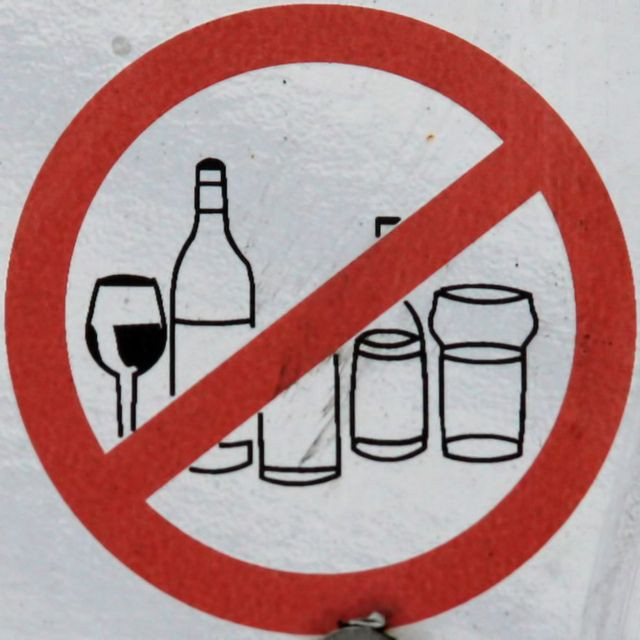Alcohol And Sleep: Drinking Before Bed Won't Make You Fall Asleep Quicker, May Disrupt Sleep

Despite the ease with which you’ve fallen asleep after a drink or two, new research to be published in Alcoholism: Clinical & Experimental Research found alcohol is a poor sleep aid. Worse yet, it may disrupt daytime wellbeing and cognitive function.
Drinking before sleep initially acts as a sedative, which researchers reported is "marked by the delta frequency electroencephalogram (EEG) activity of slow wave sleep (SWS)." As a reminder, different brain waves are produced during the different stages of sleep: Beta and alpha waves are produced as the brain starts to slow down; theta waves are produced during light sleep; and delta waves are produced between the transition to light and deep sleep.
"The reduction in delta frequency EEG activity we see across the ages is thought to represent normal brain maturational processes as the adolescent brain continues to develop to full maturity," said corresponding study author Christian L. Nicholas, National Health & Medical Research Council Peter Doherty Research Fellow in the Sleep Research Laboratory at The University of Melbourne, in a press release. "Although the exact function of non-rapid eye movement (NREM) sleep, and in particular SWS, is a topic of debate, it is thought to reflect sleep need and quality; thus any disruption to this may affect the underlying restorative properties of sleep and be detrimental to daytime functioning,"
Nicholas and his team recruited 24 young adult social drinkers (consuming less than seven drinks per week) to use pre-sleep alcohol as a placebo, and then participate in a standard sleep test with comprehensive EEG recordings. The results showed pre-sleep alcohol increased SWS delta power and frontal alpha power during NREM sleep. This increase in SWS is on par with related research, Nicholas explained; it’s usually found to be a good thing. He added, however, that it needs to be carefully considered alongside the subtle and simultaneous increase in alpha activity.
This kind of activity, which Nicholas added is associated with poor or unrefreshing sleep and daytime function, has also been observed in individuals suffering from chronic pain. "Thus,” he said, “if sleep is being disrupted regularly by pre-sleep alcohol consumption, particularly over long periods of time, this could have significant detrimental effects on daytime wellbeing and neurocognitive function such as learning and memory processes."
So no, alcohol isn’t a sleep aid. It disrupts both sleep and following-day wellbeing and function. More like unhappy hour, am I right?
Source: Nicholas, CL, et al. The Acute Effects of Alcohol on Sleep Electroencephalogram Power Spectra in Late Adolescence. Alcoholism: Clinical & Experimental Research. 2014.



























